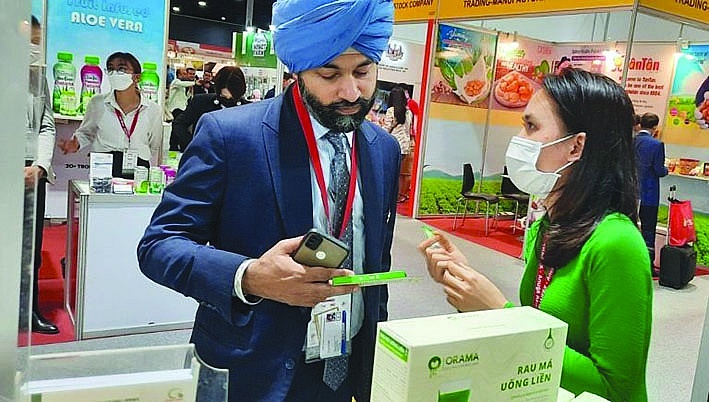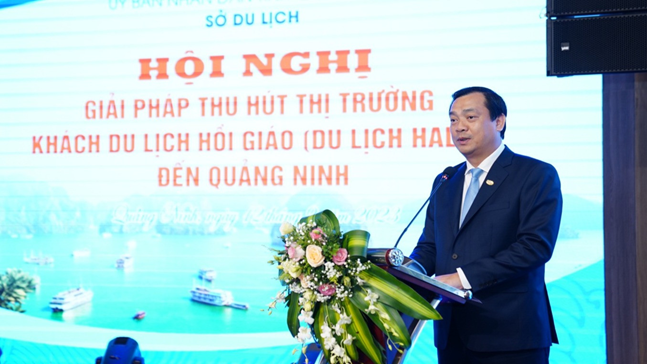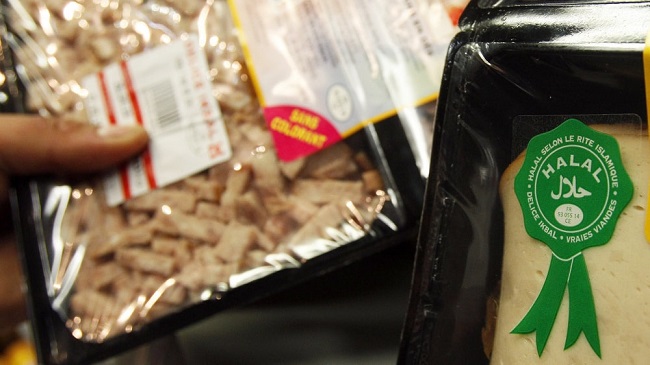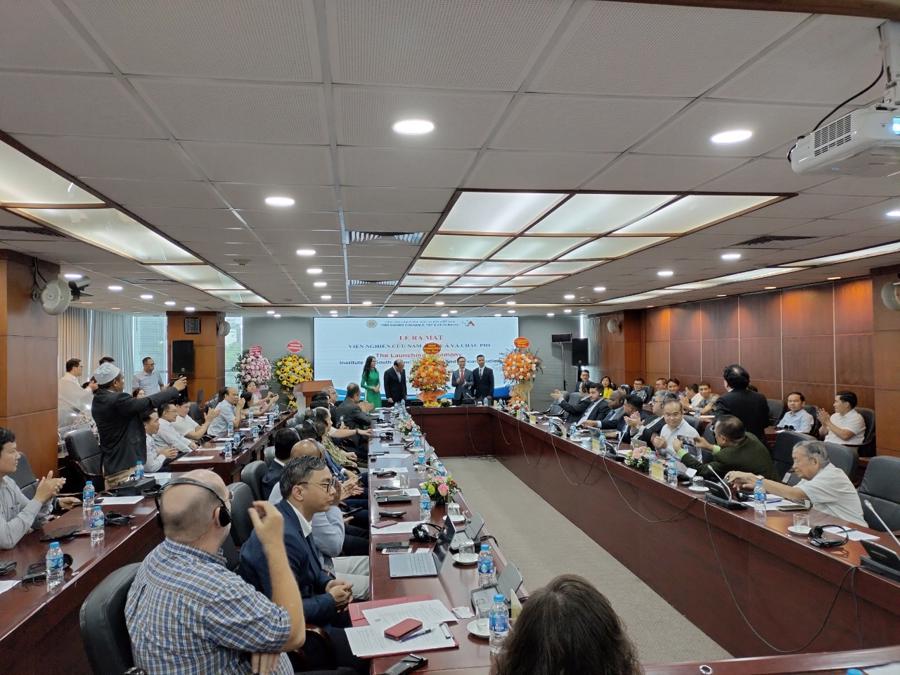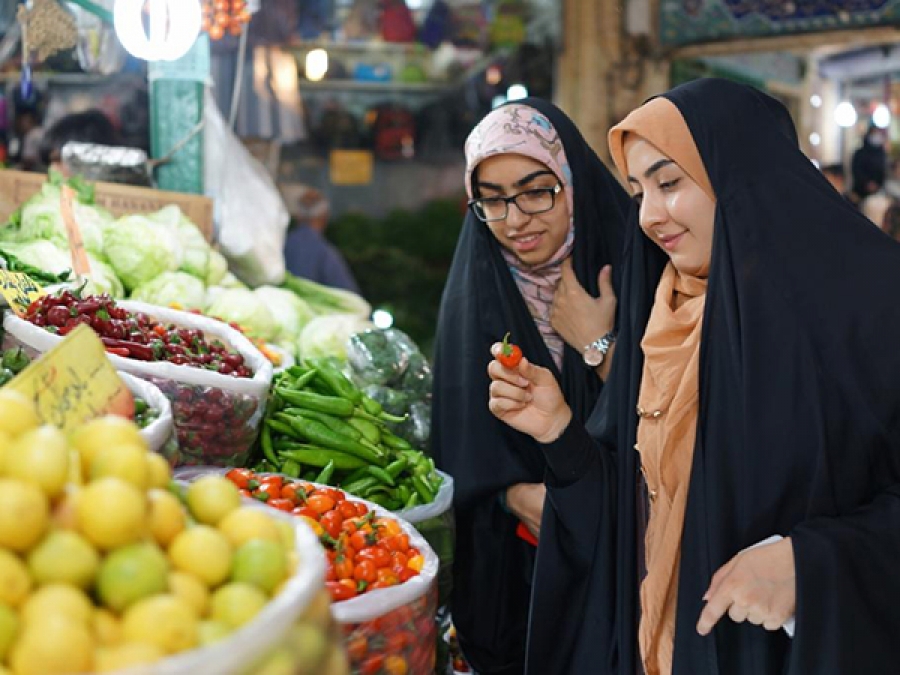Nguyen Tuan Anh, Deputy Director, Center for Conformity Certification, National Standards and Quality Measurement Committee, Ministry of Science and Technology
To promote and increase the export value of products compliant with Islamic law (Halal), guiding Halal certification of products and services by the National Halal Certification Center (under the Center for Conformity Certification) will help businesses have a “passport” when exporting to Islamic markets. This, in turn, will enhance the competitiveness of Vietnamese products in the process of integration and development.
Opportunity to Conquer a Market with a Quarter of the World’s Population
Halal originates from Arabic, meaning “lawful,” and Halal products are those that comply with Islamic law. For Muslims, Halal products are not just a priority choice but also a religious requirement (Muslims only consume Halal products).
Currently, Muslims account for about one-quarter of the world’s population, with over 1.9 billion people. Southeast Asia, South Asia, and the South Pacific are home to the largest Muslim population, with 860 million people (about 43.5%). This is also the largest consumer market for Halal food globally. According to the Organization of Islamic Cooperation (OIC), Muslims spent 2 trillion USD on food, clothing, travel, pharmaceuticals, and lifestyle in 2023. By 2025, this expenditure is expected to reach 2.8 trillion USD, with the Southeast Asian Halal food market alone estimated at 230 billion USD.
Vietnam has many favorable conditions for developing the Halal industry, including its strategic location and strengths in agriculture, food, tourism, and participation in new-generation free trade agreements. Therefore, opportunities for Vietnamese businesses to enter the global Halal market are substantial.
Currently, many Vietnamese businesses have been Halal certified and provide products to Islamic countries. Notably, 10 provinces and cities with numerous Halal-certified businesses include Can Tho, Hanoi, Bac Lieu, Dong Thap, Phu Tho, Ben Tre, Vinh Phuc, Khanh Hoa, Ninh Thuan, and Kien Giang. The industries with the most Halal-certified businesses are seafood, food, beverages, and fruits and vegetables (fresh/dried). However, Vietnam’s Halal product exports are still modest compared to the country’s potential and advantages.
The Necessity of a National Halal Certification Body
Due to religious and geopolitical characteristics, Halal standards for products and services currently lack regional and international consistency. In reality, each country has its specific requirements for Halal standards regarding imports. In 2023, the Ministry of Science and Technology announced a set of national standards (TCVN) for Halal based on leading international Halal standards and key export markets for Vietnam, such as Saudi Arabia, Malaysia, Indonesia, and the Philippines. Vietnam’s TCVN for Halal includes:
– TCVN 12944:2020 – Halal Food – General Requirements;
– TCVN 13708:2023 – Good Agricultural Practices for Halal Producers;
– TCVN 13709:2023 – Halal Feed;
– TCVN 13710:2023 – Halal Food – Requirements for Animal Slaughter;
– TCVN 13888:2023 – Conformity Assessment – Requirements for Halal Product, Process, and Service Certification Bodies.
This TCVN set serves as an important technical tool to help domestic businesses understand and correctly apply the standards in their production, facilitating the Halal certification process.
Regarding certification activities, there is currently only one Halal certification body in Vietnam registered under Decree No. 107/2016/ND-CP of the Government (dated July 1, 2016), which stipulates conditions for conformity assessment services. However, as this body operates as a business, its certification is only recognized by some Islamic countries, while the demand for Halal-certified Vietnamese products in Muslim markets continues to grow. Consequently, some domestic businesses must obtain Halal certification from foreign bodies and, in some cases, for the same product, need certification from multiple countries. Additionally, some organizations and companies that conduct Halal evaluation and certification do not fully comply with Vietnam’s regulations and international Halal conformity assessment requirements, affecting the credibility of Halal certification in Vietnam.
Each Islamic country or region has different requirements for Halal products and services, so understanding the import standards of each country is crucial for Vietnamese businesses. Accurate identification of these requirements from the outset will facilitate the application process and certification. Currently, information on these requirements is limited in Vietnam, leading to hesitation from state management agencies, businesses, and the public.
The project to establish a National Halal Certification Center was drafted by the Ministry of Science and Technology in 2023, and consultations were held with related ministries and sectors for a comprehensive report to the Government. With authorization from the Ministry, the Director General of the National Standards and Quality Measurement Committee (now the National Standards and Quality Measurement Committee) issued Decision No. 689/QD-TDC on March 29, 2024, to establish the National Halal Certification Center. As of now, the center is building and enhancing its capacity to meet the requirements of TCVN 13888:2023 – Conformity Assessment – Requirements for Halal Product, Process, and Service Certification Bodies.
Accordingly, Halal product and service certification activities will be based on the principles of assessment according to ISO 17065 – Conformity Assessment – Requirements for Bodies Certifying Products, Processes, and Services; and ISO 17021 – Conformity Assessment – Requirements for Bodies Certifying Management Systems. However, Halal certification must also meet the specific requirements of Islamic law and other related stipulations (the entire evaluation and certification process must be conducted by a Muslim trained in Islamic law).
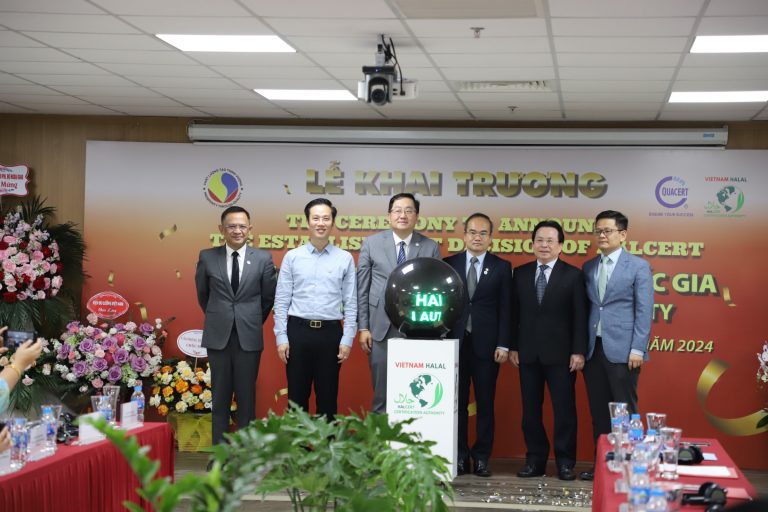
The establishment of the National Halal Certification Center, operating in compliance with both Vietnamese and international regulations, will undoubtedly facilitate Vietnamese organizations and businesses in exporting products to Islamic markets by saving time and reducing costs. The center will play a pivotal role in developing Halal product and service certification activities within Vietnam and creating certification programs that meet the requirements of key target markets, such as the Middle East, the Gulf (including the UAE and Turkey), and Southeast Asia. Furthermore, the center’s establishment is expected to boost the export volume of Halal products.
For businesses, obtaining Halal certification for products and services also opens up opportunities to access and benefit from comprehensive solutions related to standards, measurements, consulting, training, technical support, and overcoming trade barriers. These activities, carried out by the units under the National Standards and Quality Measurement Committee, will aid in the production and export of Halal products and services, facilitating smoother entry into international markets.


